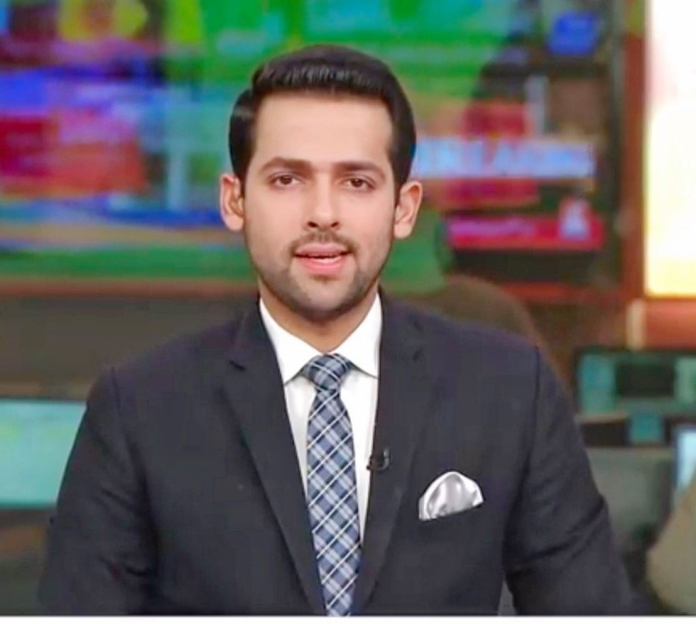The rising tide of radicalization and intolerance in Pakistan has once again manifested in a violent attack, this time targeting prominent talk show host and journalist Syed Muzammil Shah. On December 4, 2024, two armed men stormed Shah’s residence, firing aerial shots with automatic weapons and attempting to breach the doors of his home in his absence. Shah’s family narrowly escaped harm as they called the police, but the attackers continued their brazen display of violence, even firing shots in the presence of law enforcement.
One of the attackers managed to escape, and while two FIRs have been registered, the main culprit, identified as Naveed, remains at large. Naveed had openly threatened to kill Shah, apparently offended by the journalist’s recent political opinions. Shah took to Twitter to recount the harrowing experience, describing it as “the cost of being a journalist in this country” and expressing frustration over the authorities’ failure to apprehend the culprits.
Recently, renowned journalist and New News YouTube anchor, Matiullah Jan, was abducted from the parking lot of PIMS Hospital in Islamabad. This incident is emblematic of the growing hostility toward journalists and dissenting voices in Pakistan, fueled by an atmosphere of unchecked extremism and intolerance. The attack not only highlights the increasing personal risks faced by media professionals but also exposes the inability—or unwillingness—of law enforcement to act decisively against perpetrators of such violence.
Pakistan’s authorities have fostered an environment where radical elements operate with impunity, emboldened by the lack of accountability. The shrinking space for free speech, combined with the growing influence of extremist ideologies, has made Pakistan one of the most dangerous countries for journalists. Pakistan ranks 150th out of 180 countries in the 2024 World Press Freedom Index by Reporters Without Borders, a stark reminder of the difficult conditions faced by journalists in the country.
While Shah has taken the brave step of speaking out, the trauma inflicted on his family and the continued threat to his safety underline the dire need for systemic reforms to curb radicalization and ensure the protection of journalists and dissenting voices.

